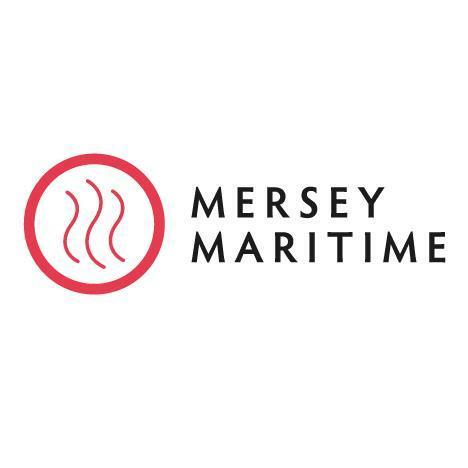
Liverpool School of Tropical Medicine (LSTM) has become a member of Mersey Maritime. It allows LSTM to network with the maritime industry in the wider Merseyside region enabling further development of its business links and follow up on maritime business opportunities initially within the field of occupational health; pre and post travel screening services; training and education.
Mersey Maritime was set up in 2003 to represent the interests of the Ports and Maritime Sector on Merseyside and create the right conditions for business growth. Explaining why LSTM has become a member of Mersey Maritime, its Director, Professor Janet Hemingway, said that “LSTM was born out the city’s international success as a port, making us part of Liverpool’s diverse heritage, while our ongoing research and teaching expansion contributes to Merseyside’s resurgent future.”
Mersey Maritime represents a cluster of around 1,700 companies across the Liverpool City Region, providing them with a strong unified voice and a platform to support their business operations, strengthen local supply chains and help shape education & skills provision that meets current demand as well as the needs of a thriving industry moving forward.
Acting Chief Executive Officer of Mersey Maritime Chris Shirling-Rooke welcomed LSTM as its latest member: “We are delighted that such a renowned institution as LSTM has joined Mersey Maritime. Its global scientific reputation is second-to-none and with its unique maritime heritage and ambitious growth programme I am confident LSTM will be a major asset to the network as well as benefiting from the business opportunities we offer.”
LSTM is the oldest institution of its kind in the world. It was founded on 12 November 1898 by Sir Alfred Lewis Jones, an influential Liverpool shipping magnate and head of the then Elder Dempster Line, when Liverpool was a prominent port city with extensive global trade.
About Mersey Maritime
Mersey Maritime is the private-public sector partnership that represents the interests of the shipping, ports and logistics sector on Merseyside, including improvements to the movement of freight across the region. It represents the interests of a cluster of 1,700 businesses employing 28,000 people, with a combined turnover of £2.6bn. The organisation operates as a not-for-profit entity and funds its work on behalf of the Merseyside cluster with income raised through membership, industry events and consultancy services.